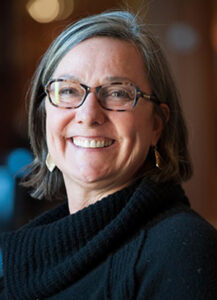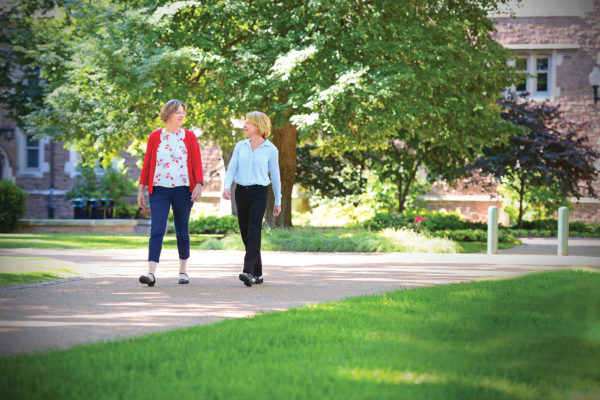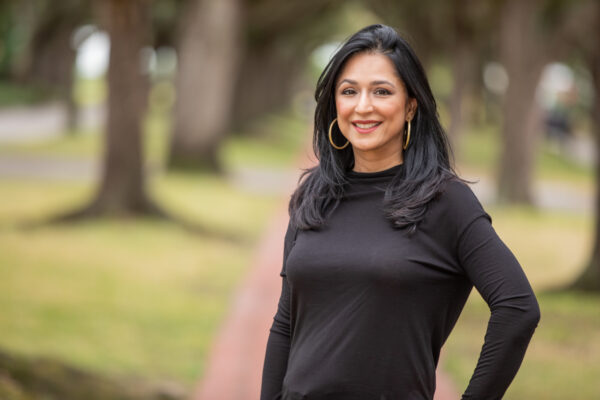Sit down.
Remove off your coat.
Take a breath.
And listen as mindfulness expert Meg Krejci strikes a chime.
What do you hear? How do you feel? Where is your mind?
So will begin “Mindfulness: Disrupting Biases With Compassion and Inspiring Positive Change,” a unique offering at the annual Washington University in St. Louis Day of Dialogue & Action, where participants will learn mindfulness skills and explore how mindfulness can lead to compassion. The sessions will take place at 9 a.m. Tuesday, Feb. 18, at the Eric P. Newman Education Center at the School of Medicine and 1:30 p.m. Wednesday, Feb. 19, in Brown Lounge on the Danforth Campus.

“We start off with this short exercise to show how, for most of us, this mind is thinking incessantly, jumping from thought to thought to thought,” said Krejci, wellness consultant for mindfulness in Human Resources and an instructor of 14-week mind-body stress reduction courses on all four university campuses. “But what happens when we hold our attention? When are we relaxed, alert and curious? That’s what mindfulness is about.”
Mindfulness boasts documented benefits for physical and emotional health, but it also can help make workplaces more inclusive. Mindful breathing keeps us calm during difficult conversations and helps us recover after conflict.
It also helps us combat implicit biases. Krejci uses the example of tying one’s shoes. It’s good that our brains see two shoelaces and know how to make a bow without thinking. But those same neurological shortcuts can hurt our relationships with people who are different from us.
“When the mind is not present, it goes back to those habitual pathways — these biases we all have imprinted on our brains from an early age,” Krejci said. “Mindfulness allows you to recognize those biases, that ‘judgy mind’ we all have.
“By redirecting our mind, we can listen without judgment and feel compassion for ourselves and others. That’s how we build those deeper connections.”


